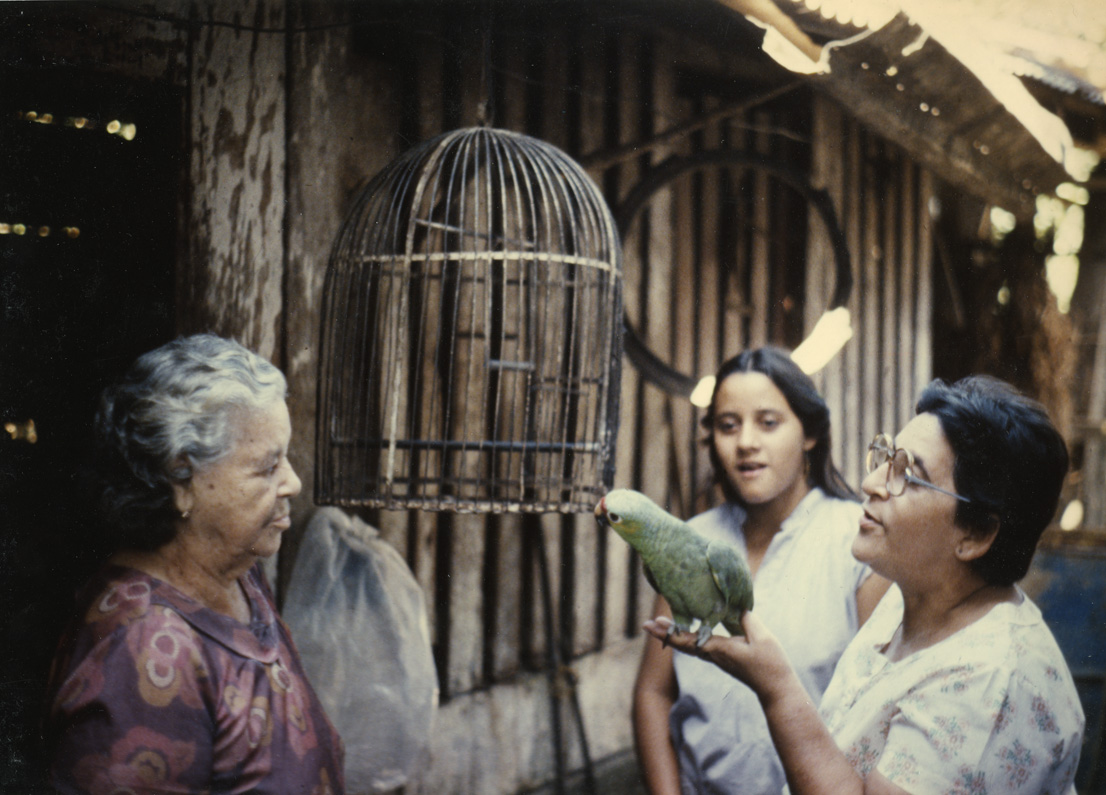Connecticut Valley Breeders Association Records
Established in Northampton, Mass., in May 1908, the Connecticut Valley Breeders Association was part of the burgeoning Progressive-era movement to apply scientific principles to improve agriculture. In its charter, the CVBA announced the ambitious goal of promoting “the live stock development of the Connecticut Valley and as far as possible the entire New England states in every way as affecting its educational, economic, legislative, health or other influences.” Led by Oren C. Burt of Easthampton, and George E. Taylor of Shelburne (its first President), it sponsored lectures and other information sessions that attracted as many as 500 attendees at its peak of popularity. Although the organization appears to have waned in the period of the First World War, it was revived in 1925 and four years later, the new Hampshire Herd Improvement Association assumed many of its functions.
This slender ledger records the minutes of the Connecticut Valley Breeders Association from its founding in 1908 through about 1930. In addition to the constitution and by-laws of both the CVBA and HHIA, the ledger includes minutes of the organizations’ meetings from 1908-1930, with a gap from 1916-1925. The collection is accompanied by a U.S. Department of Agriculture pamphlet, Cow Testers Handbook (1924).



